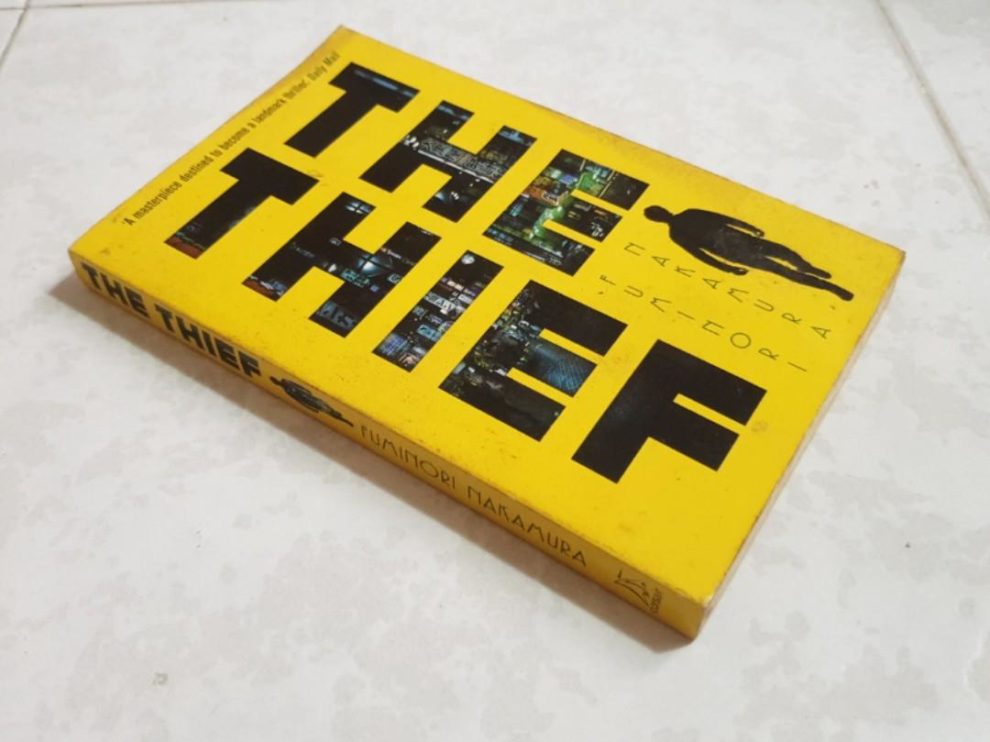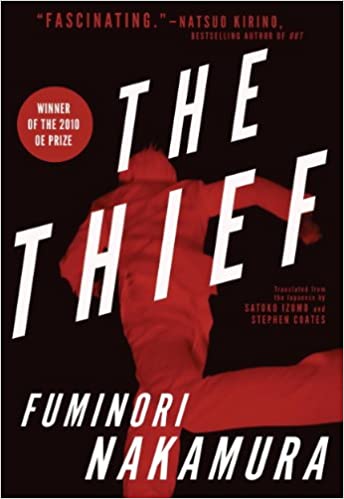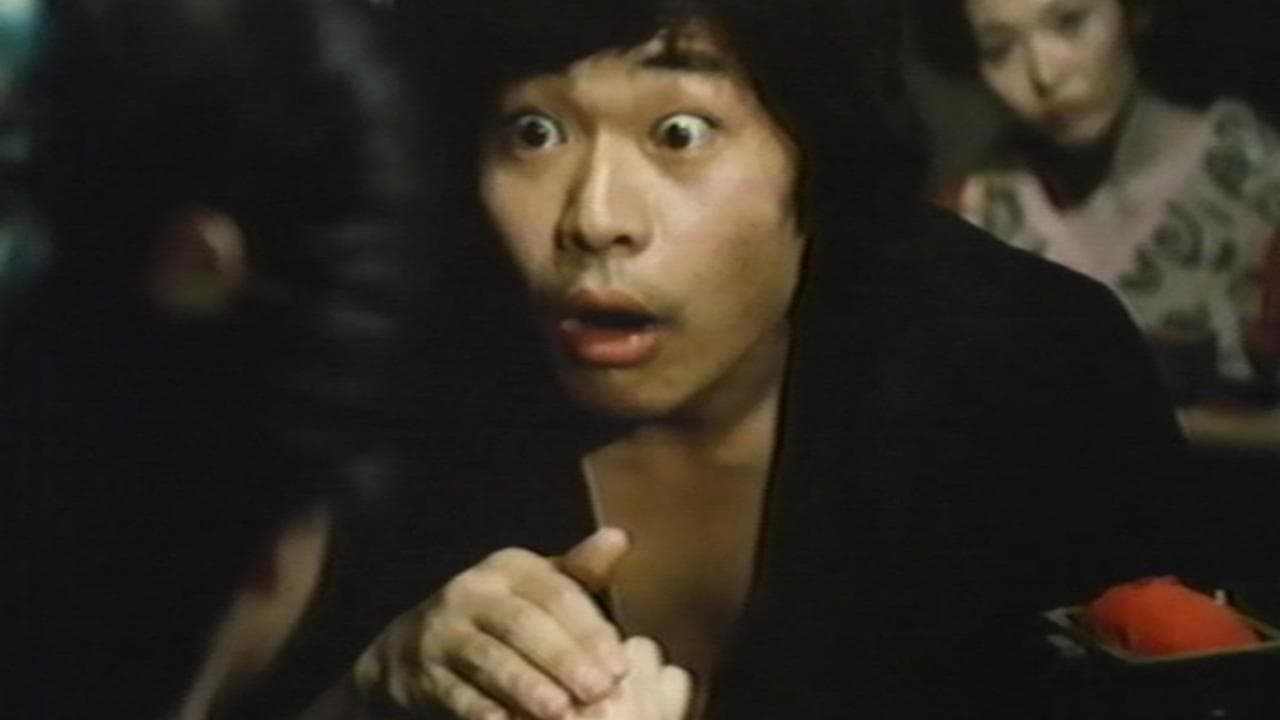In the vast plethora of literary works adapted into Japanese cinema, it is a wonder why Fuminori Nakamura's Oe Prize Winner “The Thief” has not been transferred to the big screen yet, although, considering the “The Gun” has already done so, this one will not be delayed much longer. Let us take a closer look at this truly great book, though.
The Thief, who remains nameless throughout the novel, is a seasoned pickpocket, whose thought and mentality about “the art” could provide material for a comprehensive manual. In his tailored suit, he moves through the crowds, preferring trains and subway stations, scans his victims, and proceeds on “lightening” them from their wallets with an ease that occasionally even leads him to forget his deeds. He is also a loner, with no visible social connections of any kind, which essentially, allows him to deal exclusively with his chosen “profession”. He does have a past, however, which eventually catches up to him, when Ishikawa, his first partner and mentor, reappears in his life after a time, and offers him a job he cannot refuse, but due to blackmail and not the value of the opportunity. The job is, supposedly, an easy breaking and entering, but also acquaints him with Kizaki, a true villain with a master plan whose size even he cannot completely fathom. Meanwhile, the Thief also gets acquainted with a prostitute and her son, a young boy who wants to follow in his footsteps.
Evidently, the most impressive aspect of the book is the analysis of pickpocketing. The detail here, from the scanning of the victim, the way many thieves usually cooperate to make their deed easier, to the way the fingers should be placed in order for the action to leave no trace to the victim whatsoever, is truly astonishing. Even more so, Fuminori Nakamura implements the boy to also highlight frequent mistakes inexperienced pickpockets tend to make, in a style that looks much like a lesson, and by no chance, a cautionary tale. One could easily draw a comparison with Kazuhiko Hasegawa's film “The Man Who Stole the Sun”, which portrayed with every detail how one can build a homemade atomic bomb, with the amount of detail here being definitely of the same level.
Apart from this central aspect, Nakamura also presents an intricate thriller, with the agony regarding The Thief's actions permeating the whole novel, and becoming even more intense upon the appearance of his former colleague, and even more so, Kizaki. The latter, in particular, emerges as a truly impressive character, whose genius is only matched by his cruelty, in one of the best villains we have seen in a crime novel, additionally because he is completely unpredictable. The way he affects the protagonist's life is truly memorable, with their every interaction being captivating, and the ending truly shocking in its multi-twist and openness. On another level, his presence also makes a comment about fate, and how the future of people is shaped by others.
The Thief, however, is no less interesting. Nakamura chooses not to dwell on his past particularly, avoiding the cliche of making his situation one of a melodramatic family background that pushed him into crime or something similar, but instead presents just a few glimpses on it, of which the concept of the tower emerges as the most interesting, if also ineligible one. Furthermore, through his character, and this particular approach, Nakamura also comments on the concept of crime, in a way that could be described as philosophical, while, in connection with the practical analysis, completes the “manual” even more. Lastly, the way The Thief, somewhat unwillingly, becomes connected to the boy and his mother, makes him an appealing figure, also allowing the reader to empathize with him, with his overall attitude on thieving also moving into the same direction.
In equally impressive fashion, all of the aforementioned are presented in the just 211 pages of the novel (Corsair edition), with Nakamura being brilliantly laconic with words and quite tight in his structure, in way though, that does not strip the book of any kind contextual value, essentially highlighting all his comments without any unnecessary clutter. Truth be told, the last part is somewhat far-fetched, particularly regarding the last target, but the agony deriving from that part makes it quite easy to ignore even this minor fault.
“The Thief” is a truly great book, one that is as easy to read as it is captivating and conceptually rich. All we have to do now is wait for the movie.

















